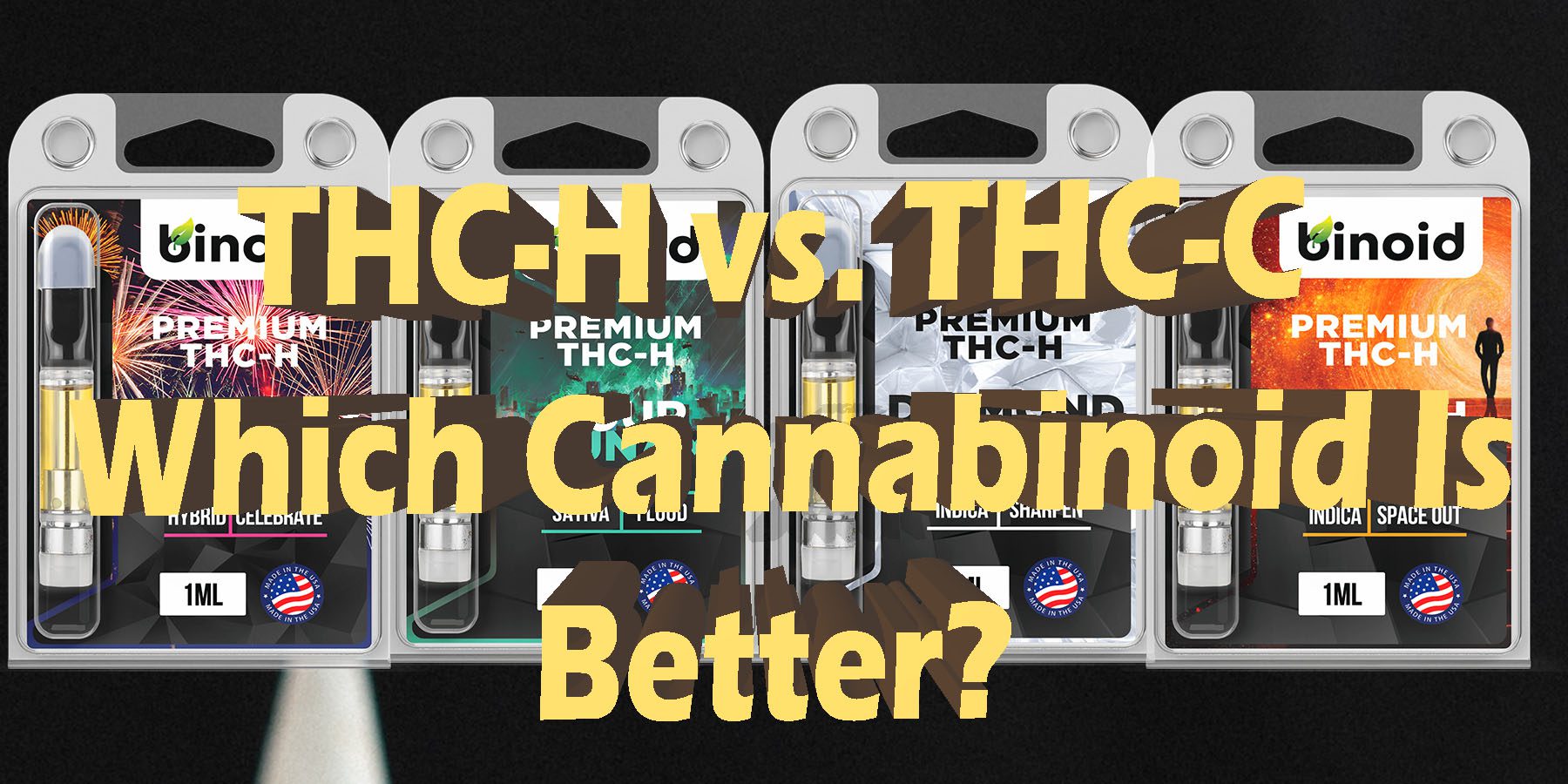
THC-H vs. THC-C: Which Cannabinoid Is Better?
Two of the newer THC-based cannabinoids that entered the market around the same time are THC-H and THC-C – both hemp derivatives that sound so similar to one another, one may assume they’re virtually the same. But, each cannabinoid promises its own variety of effects, as well as a distinctive high that’s worth exploring on its own. Let’s compare.
TO BUY THC-H PRODUCTS CLICK HERE
-
Product on sale
 THC-H Vape Cartridge – Birthday Cake$30.99
THC-H Vape Cartridge – Birthday Cake$30.99$59.99 -
Product on sale
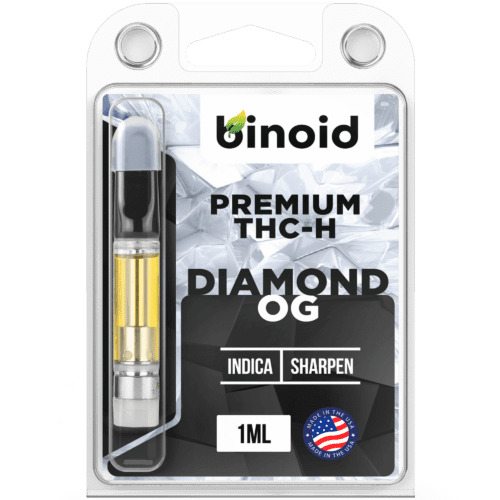 THC-H Vape Cartridge – Diamond OG$30.99
THC-H Vape Cartridge – Diamond OG$30.99$59.99 -
Product on sale
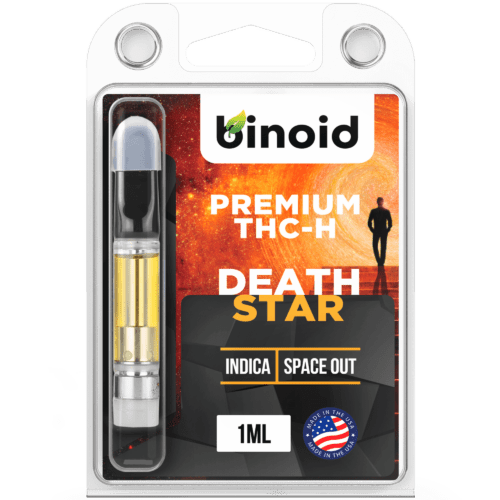 THC-H Vape Cartridge$29.99
THC-H Vape Cartridge$29.99$59.99
Why Choose THC-H?
THC-H Origins
THC-H (tetrahydrocannabihexol) was discovered in 2020, by a group of Italian researchers analyzing a cannabis strain. It was the same research group that discovered THC-H that also discovered THC-P less than a year before. Structurally, THC-H has a 6 alkyl side chain, thus the “hexol” in the name.
THC-H’s Psychoactive Properties
What we do know about THC-H is that it appears to be incredibly psychoactive – in fact, the second most psychoactive cannabinoid after THC-P – and that’s based on how efficiently it attaches to CB1 receptors in the brain that are responsible for the psychoactive response associated with THC compounds. More notably, people describe its high as profoundly euphoric, which is great for anyone who wants to experience the more uplifting properties that THC can provide. Many people also report a powerful body high that can cause couchlock for quite a while.
THC-H’s Non-Psychoactive Properties
So, what can THC-H do for things like appetite, nausea, sleep, pain, etc.? In fact, we don’t know. Basically, THC-H was discovered in 2021, which wouldn’t give clinical researchers nearly enough time to study it thoroughly and determine what it can do therapeutically.
-
Product on sale
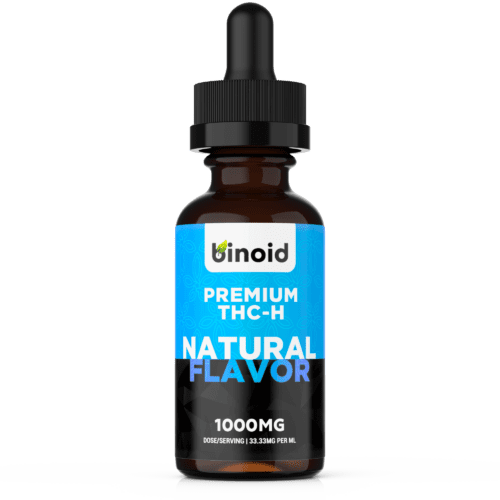 THC-H Tincture – 1000mg$30.99
THC-H Tincture – 1000mg$30.99$79.99
Purpose for Taking THC-H
Because we don’t really know about THC-H’s potential therapeutic uses, its appeal for the time-being revolves around its powerful psychoactive high that many people seek out.
THC-H’s Legality
THC-H is a federally legal cannabinoid as it’s protected under the 2018 Farm Bill. This law says that all hemp products are legal as long as they have no more than 0.3% delta 9 THC by dry weight. While THC-H is federally legal, some states have restricted psychoactive cannabinoids like delta 8 THC, and those states likely prohibit THC-H sales as well. Those states are:
- Alaska
- Arizona
- Arkansas
- Colorado
- Delaware
- Idaho
- Iowa
- Mississippi
- Montana
- Nevada
- New York
- North Dakota
- Oregon
- Rhode Island
- Vermont
- Utah
- Washington
-
Product on sale
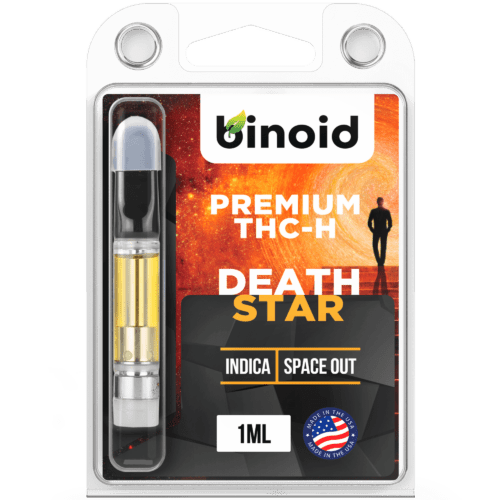 THC-H Vape Cartridge – Death Star$30.99
THC-H Vape Cartridge – Death Star$30.99$59.99
Why Choose THC-C?
THC-C Origin
THC-C (tetrahydrocananbiorcol) is a brand new discovery, and we’re learning about it as we speak. So far though, it’s reported to be structurally identical to delta 9 THC, except it’s missing 3 carbon atoms. Being a phytocannabinoid, it naturally takes place in marijuana and hemp plants. More directly, THC-C is unearthed in cannabis and hemp pollen, unlike delta 9 THC, which is found in the resin produced on the female flowers. THC-C occurs naturally and exists separately from humans.
Lots of cannabinoids like THC-C start their life as cannabigerolic acid (CBGA). As the plant grows, CBGA undertakes one of several enzymatic reactions that cause it to modify into an array of acidic molecules that’re precursors to the biologically vital compounds we are accustomed to consuming.
Now, the precursor molecule to THC-C is called tetrahydrocannabiorcolic acid (THC-CA). This compound gets changed to THC-C over the cannabis or hemp plant’s maturation cycle via an action called, “decarboxylation”. Manufacturers are the ones who extract THC-C from either marijuana or hemp pollen, and then concentrate it in an identical manner as other cannabinoids are concentrated. In turn, making it simpler to use and eliminate unnecessary components such as amino acids, proteins, fibers, and plant cell structures.
-
Product on sale
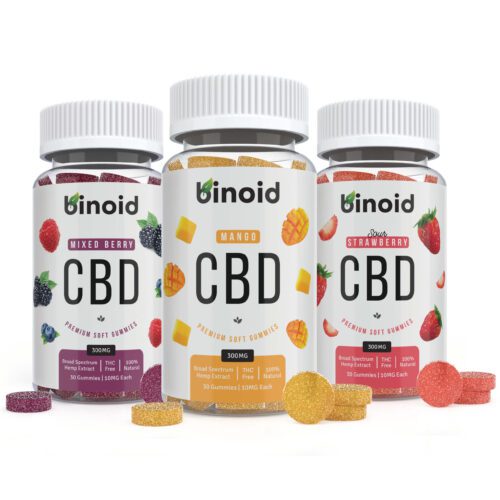 CBD Gummies$26.99
CBD Gummies$26.99$49.99
THC-C’s Psychoactive Properties
We mentioned that THC-C is missing ‘3’ specific carbon atoms that prevent it from structurally mimicking delta 9 THC. This is important, because it’s the reason why THC-C is non-intoxicating, despite being a “THC” cannabinoid. THC-C won’t get you high no matter how much you take, as it does not act on CB1 receptors in the nervous system that cause a high.
THC-C’s Non-Psychoactive Properties
So, what can THC-C do? Well, it’s the first cannabinoid we know of that has the ability to increase uptake of naturally produced cannabinoids in the body, like TRP channels (TRPA1 and other TRP receptors). These receptors are located on particular gated ion channels on the cell wall, and so have a powerful role in our homeostasis.
Also, people consider THC-C to be cannabidiol’s (CBD) more potent cousin, since it looks to supply many of CBD’s properties, only at a stronger level – increasing the effects of naturally occurring endocannabinoids such as anandamide and 2-AG alternatively.
Purpose for Taking THC-C
Since THC-C is non-intoxicating, the reason a person would seek it out is likely due to wanting effects similar to CBD, but stronger, as we touched upon a second ago Those who’ve been fortunate enough to take it have reported positive mood effects, and that seems to be the biggest part of its appeal.
-
Product on sale
 Binoid Calm Day CBD Oil – Immune Boost$28.99
Binoid Calm Day CBD Oil – Immune Boost$28.99$64.99
THC-C’s Legality
Like THC-H, THC-C is protected under the 2018 Farm Bill. Being non-intoxicating, we don’t know yet if it’s banned in the same states that have banned other THC cannabinoids that are psychoactive. In the event that this is the case, THC-C would be banned in:
- Alaska
- Arizona
- Arkansas
- Colorado
- Delaware
- Hawaii
- Idaho
- Illinois
- Iowa
- Kentucky
- Louisiana
- Maryland
- Massachusetts
- Michigan
- Mississippi
- Montana
- Nevada
- New York
- North Carolina
- North Dakota
- Oregon
- Rhode Island
- Utah
- Vermont
- Washington
Final Decision: THC-H and THC-C – Two Cannabinoids with Surprising Differences
On paper, THC-H and THC-C sound like they’d pretty much behave in the same way. But, there are some big differences – one cannabinoid is extremely intoxicating, and the other not at all. Each of the two is worth trying, as they provide completely different valuable properties that can serve different needs. At Binoid, we carry a nice selection of THC-H and THC-C products that are sure to meet your hemp-related needs.
TO BUY THC-C PRODUCTS CLICK HERE
-
Product on sale
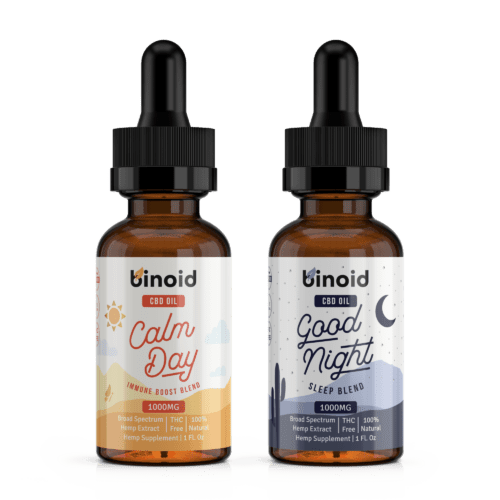 Binoid CBD Oil – Day & Night Bundle$51.99
Binoid CBD Oil – Day & Night Bundle$51.99$109.98

